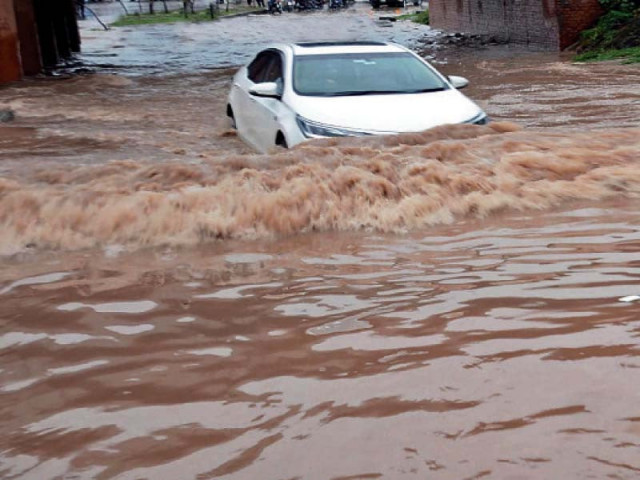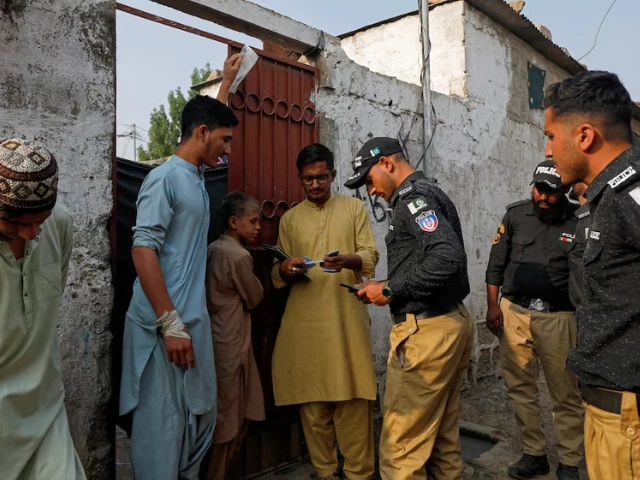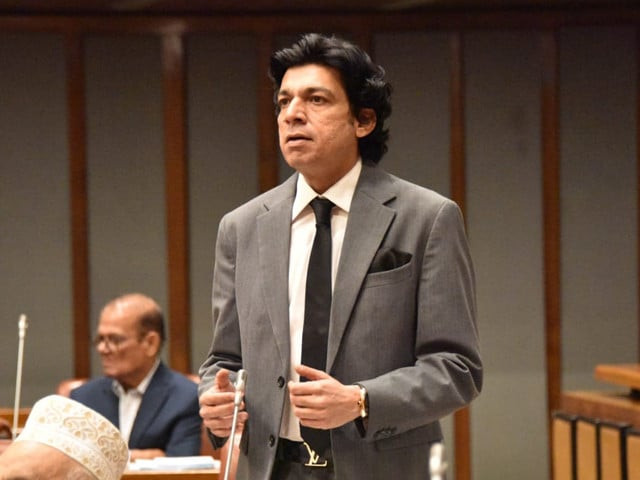Navigating Pakistan’s Climate Crisis: The New Normal
Northern Pakistan is currently facing devastating flash floods, echoing the catastrophic events of 2022. The heavy rains have tragically claimed over 460 lives since mid-August, with Khyber-Pakhtunkhwa being the hardest hit. Swollen rivers and mudslides have buried families, leaving communities in turmoil. Pakistan ranks among the world’s most climate-vulnerable countries, yet contributes less than 1% to global greenhouse gas emissions. It’s a stark reminder that vulnerability doesn’t correspond with responsibility.
Experts are urging a shift in focus from merely cutting emissions to adapting systems that can withstand these routine disasters. Karachi-based ecologist Rafi-ul-Haq emphasizes that calling floods "new normal" isn’t hyperbole; it’s a reality. The climate crisis is accelerating, fueled by global warming and the melting of glaciers, but human factors—unplanned urbanization, deforestation, and weak emergency responses—are just as critical. About 60% of the devastation is attributed to these manmade issues.
Flood management expert Ahmed Kamal highlights changing weather patterns that exacerbate rainfall and create new hotspots for disasters. The Gilgit-Baltistan region is undergoing alarming transformations, such as rapid glacier melting, which leads to glacial lake outburst floods. With unnaturally high temperatures and diminishing snowfall, the region’s stability is increasingly at risk.
What’s clear is that Pakistan must prioritize resilience and adaptation over emissions reductions. Solutions include restoring wetlands and mangroves to absorb excess rain, clearing illegal construction from drainage channels, and improving city drainage systems with green infrastructure. Also vital are flood-resilient farming practices supported by insurance and social safety nets. Simple steps, like pre-monsoon drain cleaning and early warning systems, can save lives in the immediate future.
Prime Minister Shehbaz Sharif has acknowledged past governmental negligence in allowing construction on riverbeds. His recent commitment to clearing these encroachments signals a needed shift. With the right investments in watershed management and resilient housing, supported by international climate finance, hope isn’t lost.
However, climate governance expert Imran Saqib Khalid warns of dire consequences if quick action isn’t taken. Without a united front with other low-emitting nations for fairer action and financing, the prospect of food insecurity and mass migration looms large.
Ultimately, the challenge is monumental, but as Kamal notes, the window of opportunity remains. By prioritizing smart, scientifically-informed adaptation strategies, Pakistan can mitigate much of the devastation it faces.
As we ponder these issues, it’s important to connect and share solutions that foster resilience. Engaging with organizations like Pro21st, which focuses on sustainable development and climate adaptation, could be a step in the right direction. Together, we can work toward a more hopeful future.
At Pro21st, we believe in sharing updates that matter.
Stay connected for more real conversations, fresh insights, and 21st-century perspectives.





